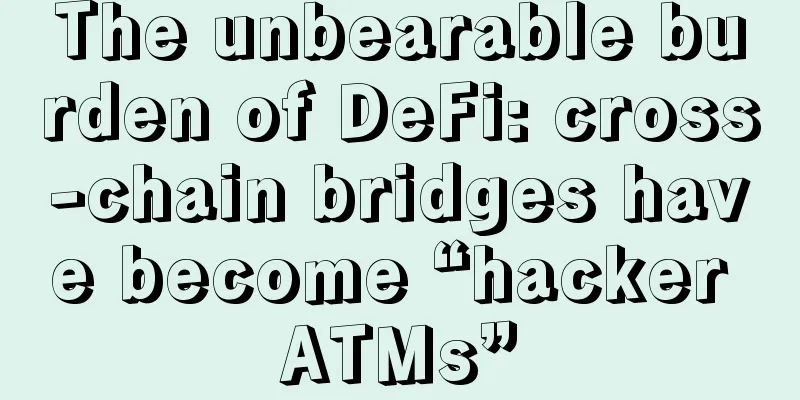Postponing the fork and switching to a new client, but these Ethereum miners seem to be unaware

|
On January 16, Ethereum developers issued a security warning aimed at delaying the Constantinople upgrade. However, not everyone has followed the developers’ advice, and some miners are still mining on the unofficial Constantinople chain and have not upgraded their clients. The reason for the delay of this upgrade is that there is a vulnerability in a certain EIP (Ethereum Improvement Protocol) involved. To this end, the Ethereum team issued a public statement: We are investigating all potential vulnerabilities and will provide updates in this blog post and across media channels. Out of an abundance of caution, key stakeholders in the Ethereum community have decided that the best course of action is to postpone the Constantinople hard fork upgrade originally scheduled for block 7080,000 (approximately January 17, 2019, Beijing time). To avoid violating consensus, users must install a new version of the client. But it seems that not all miners are aware of this news. As of press time, at least 10TH/S of computing power is still mining on the unofficial chain. This part of computing power even exceeds the computing power of the entire ETC network: The vulnerability in this upgrade may cause fraud and is difficult to understand. In simple terms, the change in Ethereum storage charging method may trigger a round of attacks and increase the cost of creating dApps. "Reentrancy attack" specifically targets smart contracts and is different from replay attack or double spending. It is a difficult problem. ChainSecurity, which discovered the code vulnerability, explained: For a contract to be vulnerable, certain preconditions must be met: Although the vulnerability does not exist on the blockchain, a full investigation is still necessary to be on the safe side. The official Ethereum blog states: Security researchers, like ChainSecurity and TrailOfBits, conducted (and are still conducting) analyses of the entire blockchain. While they did not find any cases in the wild that were affected by this vulnerability, there is still a non-zero risk that some contracts could be affected. In a large decentralized network, it is understandable that information cannot be delivered to everyone in a timely manner. Bitcoin nodes are also active in different versions of clients. Currently, a few mining nodes are still mining on the Constantinople client, but unfortunately, they cannot obtain valid Ethereum in this process. |
Recommend
Zygomatic bones and human destiny: high zygomatic bones and low zygomatic bones
Zygomatic bones and human destiny: high zygomatic...
Well-known analyst PlanB: Bitcoin price drop does not mean the end of the bull market
The price of Bitcoin has fallen over the past day...
As the RMB continues to depreciate, will Bitcoin become the savior of safe-haven funds?
It won’t surprise anyone to hear that the Chinese...
Will you become a rich person by reading your palm?
Will you become a rich person by reading your pal...
Teach you to read your palm to find your three lines of heaven, earth and man
In palmistry, the line of reason is called the hu...
Where is a man's fortune line? The more fortune lines the better?
There are lines of varying depths and lengths on ...
What kind of palmistry can bring wealth and prosperity?
It seems that everyone wants to live a rich and p...
Amazon CEO Now Has More Wealth Than Bitcoin's Market Cap
Jeff Bezos, CEO of online shopping giant Amazon, ...
A woman with an excellent husband looks like this
By the way, every woman hopes that her husband is...
Is the hanging needle pattern on the forehead really a bad omen? What are the consequences?
What is hanging needle pattern In physiognomy, th...
Does a man with a mole on the tip of his nose have good fortune? Will it be a good life?
As one of the traditional physiognomy techniques, ...
A mole on the chest of a casual man
How to interpret moles on men’s chest? Mole appea...
Location of lucky moles on the body
Although there are evil moles on our body, there ...
Are women with black and white eyes very simple? Is there any saying?
Women with black and white eyes are fake and pure...
Judging the fortune of stars from their eyes
Judging the fortune of stars from their eyes What...









